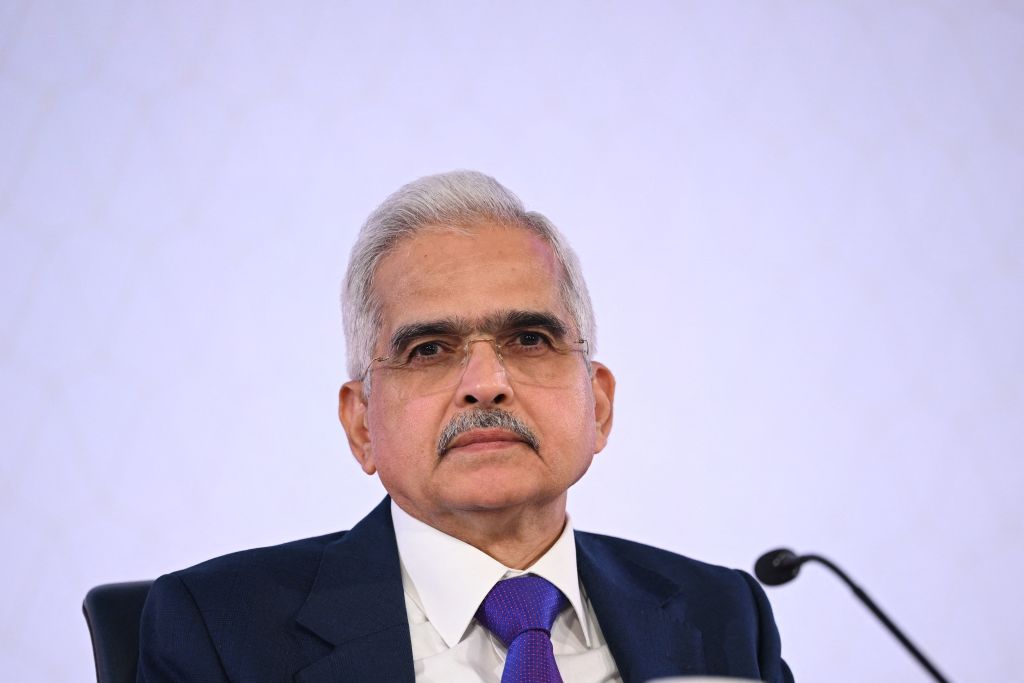- Saturday, July 27, 2024
The benchmark repo rate has stood at 6.50 per cent since February

By: Chandrashekar Bhat
INDIA’S central bank again left interest rates unchanged on Friday (8), saying that easing inflation and a stable financial outlook had tempered economic headwinds.
The benchmark repo rate – the level at which the Reserve Bank of India (RBI) lends to commercial banks – has stood at 6.50 per cent since February, following a series of hikes to curb rising prices last year.
The Indian economy “presents a picture of resilience”, RBI governor Shaktikanta Das said in a press conference. “Fundamentals remain strong.”
Inflation spiked at 7.4 per cent in July but was now five per cent, Das said, adding that the bank had raised its GDP growth forecast for 2023-24 to seven per cent, up from an earlier 6.5 per cent.
The World Bank said in October that India was expected to remain one of the world’s fastest-growing economies, with strong domestic demand and investment helping it weather inflation and challenging global conditions.
India overtook Britain last year to become the world’s fifth-largest economy, and recorded faster-than-expected growth of 7.6 per cent for the quarter ending in September.
India has been buffeted by global headwinds since last year, including tightening financial conditions and the effects of the war in Ukraine on global food and oil markets.
The world’s most populous country has also been grappling with increasingly frequent extreme weather events, which scientists attribute to climate change.
Prices for food staples – including wheat, rice and tomatoes – rose steeply earlier this year, partly because of floods, record-high temperatures and pest attacks in production belts.
Earlier this year, the government put curbs on some rice exports to ease food prices.
(AFP)